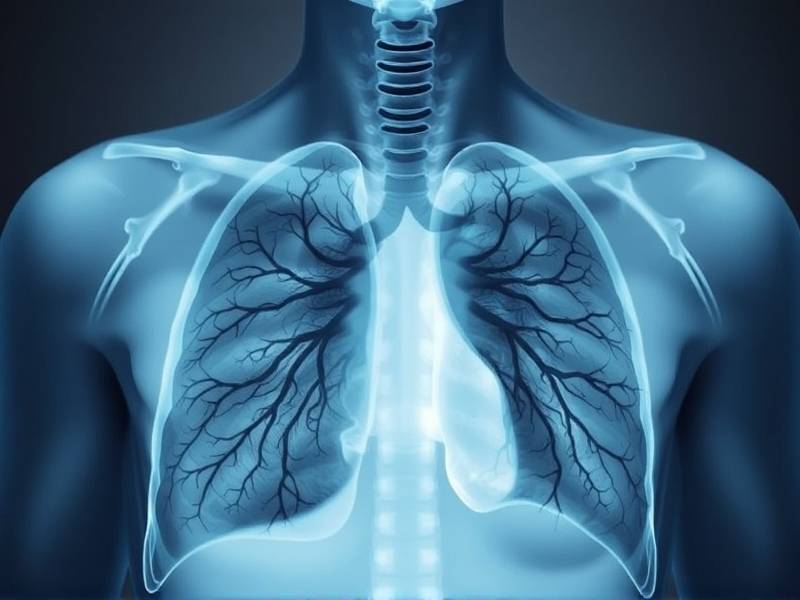Do You Cough Up Something When You Quit Smoking? The Truth About Lung Health After Quitting Tobacco
Do You Cough Up Something When You Quit Smoking? The Truth About Lung Health After Quitting Tobacco

Introduction: Quitting smoking is a significant decision that can lead to numerous health benefits. However, many individuals who quit smoking experience coughing up mucus or phlegm, which can be concerning. In this article, we will delve into the truth about lung health after quitting tobacco and explore why this phenomenon occurs.
I. Understanding the Process of Quitting Smoking When you quit smoking, your body goes through a series of changes as it tries to eliminate the harmful substances accumulated over time. One of these changes includes the cleansing of your lungs, which can manifest as coughing up mucus or phlegm.

II. Why Does Coughing Up Mucus Occur?
-
Cleansing of the Lungs: When you quit smoking, your lungs start to heal and remove the accumulated tar and toxins. This process often leads to coughing up mucus as your body tries to expel these substances.
-
Increased Sensitivity: Quitting smoking also increases your lung's sensitivity to irritants, such as dust or pollen. This heightened sensitivity can cause you to cough more frequently than before.
-
Improved Airflow: As your lungs begin to heal, they become more efficient at oxygenating your blood. This improved airflow may lead to a temporary increase in coughing as your body adjusts to the new level of oxygen intake.
III. The Importance of Lung Health After Quitting Tobacco
-
Reduced Risk of Respiratory Diseases: Quitting smoking significantly reduces your risk of developing respiratory diseases such as chronic bronchitis and emphysema.
-
Improved Oxygen Supply: A healthier lung function means better oxygen supply throughout your body, leading to increased energy levels and overall well-being.
-
Enhanced Immune System: Your immune system becomes stronger after quitting tobacco use, making it more effective in fighting off infections and diseases.
IV. Tips for Managing Coughing After Quitting Smoking
- Stay Hydrated: Drinking plenty of water helps thin out mucus and make it easier to cough up.
- Avoid Irritants: Minimize exposure to dust, pollen, smoke, and other irritants that may trigger coughing.
- Use Saline Nasal Sprays: These sprays can help keep your nasal passages moist and reduce irritation.
- Consider Over-the-Counter Medications: If necessary, consult with a healthcare professional about using over-the-counter cough suppressants or decongestants.
Conclusion: Coughing up mucus when you quit smoking is a common phenomenon due to the cleansing process occurring in your lungs. While it may be unsettling at first, it is an essential step towards improving lung health after quitting tobacco use. By understanding this process and implementing helpful tips for managing coughing after quitting smoking, you can ensure a smoother transition towards better respiratory health and overall well-being.
